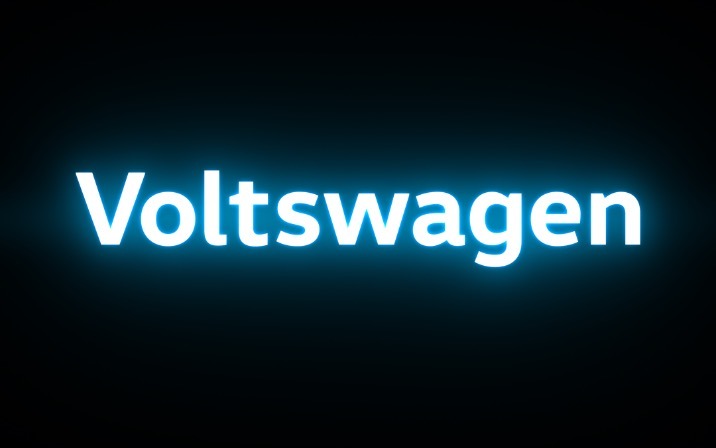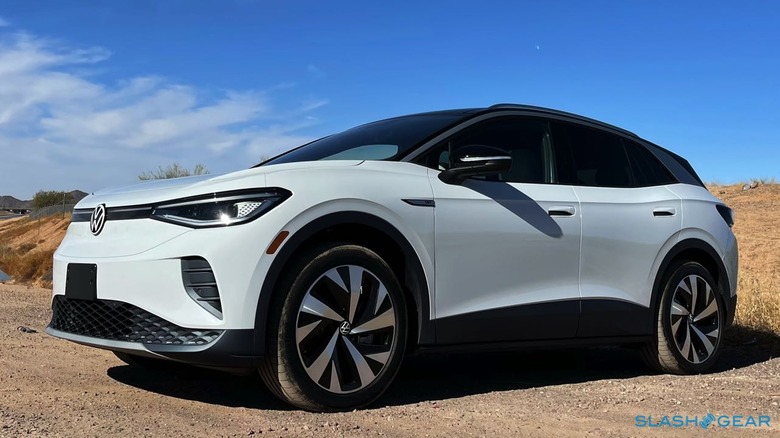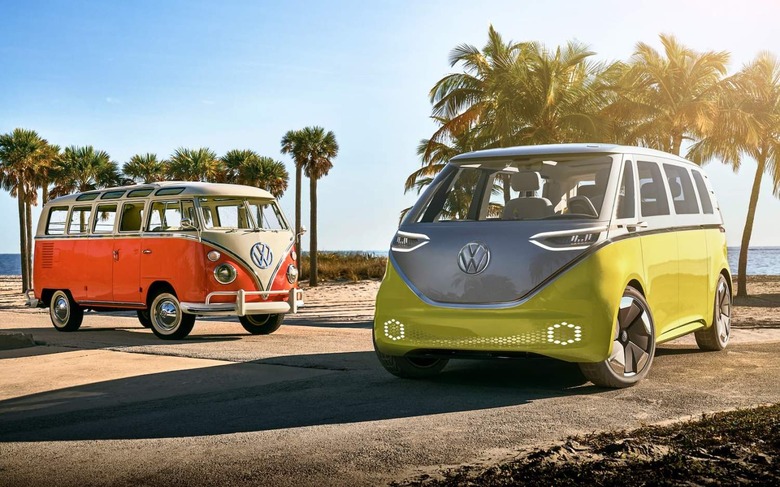VW Admits "Voltswagen" Rebrand Was Fake As Prank Backfires Spectacularly
Volkswagen has admitted that claims it would change its name in the US to "Voltswagen" were part of a weirdly-timed April Fool's joke, backpedalling amid growing criticism that has resurfaced past behaviors the automaker may have preferred to forget. Chatter of the rebrand began earlier this week, with a press release seemingly prematurely published and then pulled, but VW went on to officially confirm the validity of the unexpected rebrand.
The "Voltswagen" name would apply to all-electric models in the ID. series, the automaker said. Existing and future internal combustion models would continue to be branded with the familiar VW Logo, with a new, light blue version used for BEVs.

Volkswagen has since removed the press release from its US media site, though a version of the document remains in Google's cache. In it a statement attributed to Scott Keogh, president and CEO of the American division, suggested the name change "signifies a nod to our past as the people's car and our firm belief that our future is in being the peoples' electric car."
In a new statement, the company confirmed that this had all been a fake. "Volkswagen of America will not be changing its name to Voltswagen," the automaker said tersely. "The renaming was designed to be an announcement in the spirit of April Fool's Day, highlighting the launch of the all-electric ID.4 SUV and signaling our commitment to bringing electric mobility to all. We will provide additional updates on this matter soon."

Those updates may well include an explanation of why VW staff and sources at the company informed reporters from CNBC, Reuters, and others earlier in the week that the change was, in fact, real and not an April 1st prank. It might also cast light on why VW opted to begin its joke in March, rather than pulling an April Fool's stunt in April, which is certainly more traditional.
Most important for the automaker, however, any further statement is likely to attempt to shift attention back to the ID.4, and its MEB platform-based siblings. The new all-electric crossover is the first to use the new architecture to launch in the US, and had been receiving decent early reviews. Although its range does not leave it the most long-legged EV, nor its pricing make it the most affordable, it nonetheless was being seen as a solid first attempt from an automaker that has long been talking about electrification, but lagged rivals in actually getting products onto dealership forecourts.
Now, though, its ill-timed and confusing joke has instead overshadowed that debut. Indeed, it's prompted many to recall Volkswagen's lengthy cover-up in the so-called "Dieselgate" scandal, where the automaker implemented devices that would help falsify emissions in its diesel-powered models. After being caught, and stonewalling across a series of court cases, VW finally confessed to the deceit and faced searing penalties.

Ironically that admission of guilt had gradually been overshadowed in the intervening years, as VW hyped up the MEB platform, and Electrify America – the EV charger network which it funded as part of its Dieselgate reparations – grew in prominence as a fast-charging option for electric vehicles of any brand. With recent confirmations that fan-favorite vehicles like the ID. Buzz – an all-electric reboot of the iconic Microbus – would indeed be coming to market, it had seemed like VW's EV glory days could be ahead.
That it has now overshadowed that – not to mention seriously dimmed its credibility with how it handled the prank – is likely to prompt some serious questions internally. Arguably the first step to addressing the lapse is probably buying a calendar, something that's conspicuously not among the options in the official VW DriverGear store.
